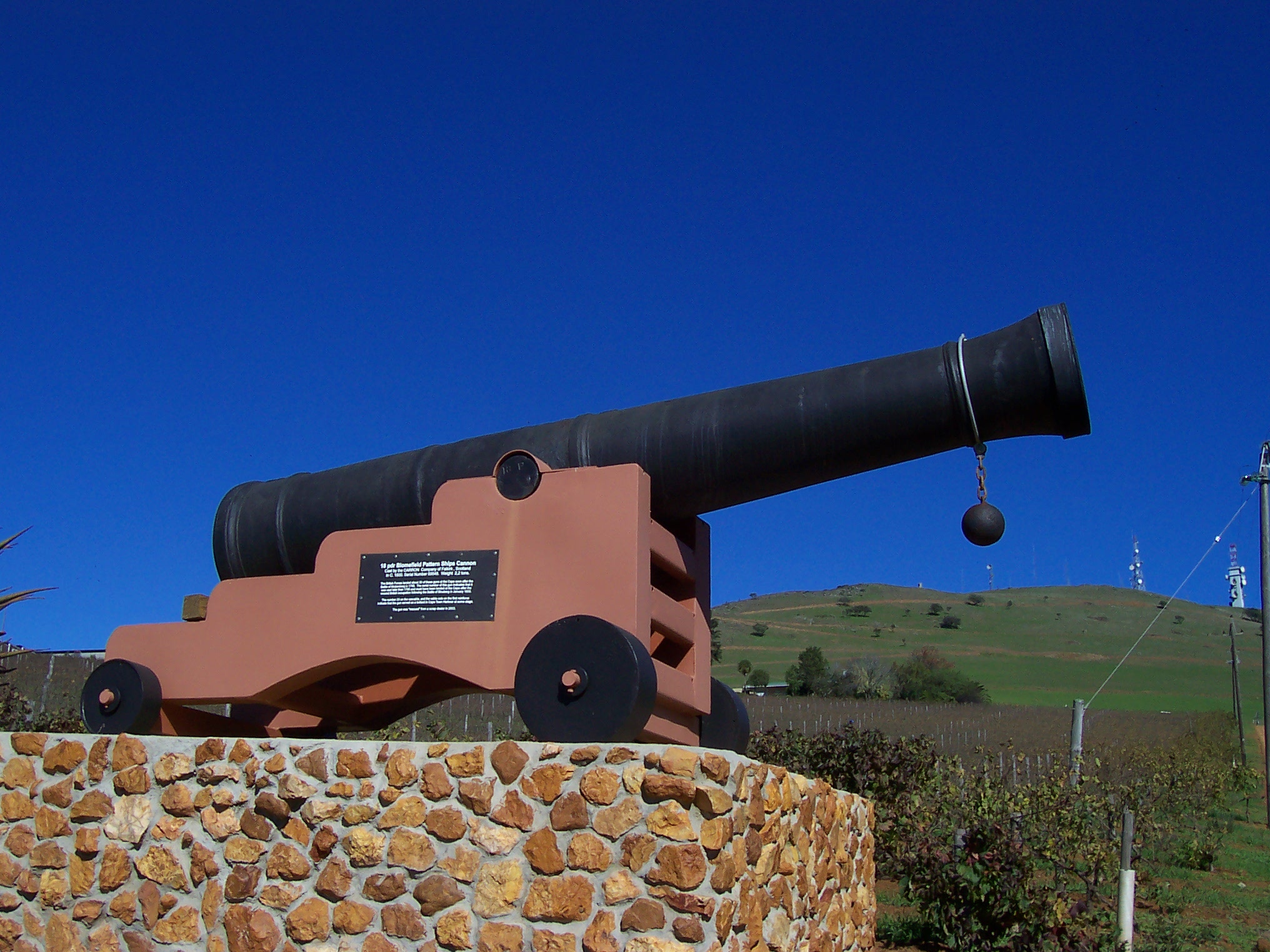
Now or Never – the ’15
As I ramble through the later years of the Stuart era, events follow one another at a surprising pace. I’d been taught about the 1715 and the ’45 but there was 1689, then 1708 before the ’15. The 1869 was triggered by the forced abdication of Charles II in 1688 and his replacement by Mary and William; the 1708 was triggered by the Act of Union that made a united Britain of England and Scotland; and the ’15 was precipitated by the death of Queen Anne in 1714 and her replacement by George I. What was not explained was the spread of loyalty that existed at that time. People of widely differing views met socially and even Anne’s Conservative Government had made appeals to her half-brother, James (VIII and III), to become their monarch on her death. The condition that he abandon Catholicism was too much and it was left to more warlike methods to attempt a restoration. The united country was in such turmoil that a bill was placed before parliament in 1713 to reverse the Act of union and return to the old enmities and was only turned down by one vote. When things blew up in 1715 the Stuart standard was raised at Braemar and SOME of the Highland clans joined. They occupied the North but failed to take Fort William at the end of the Great Glen and left the way open to Inverness. In England, the Government sent troops to reinforce the garrison’s at places as far apart as Bristol, Southampton and, of course, Oxford, but were unable to prevent an armed uprising in Northumberland, in which one, Dalton, took part. They were forced into a fight at Preston. That action was typical of the Cavaliers long struggle, promising in the beginning but turning into a series of reverses like a bundle of damp matches, they won the first day but lost the battle. In Scotland, things went no better, they held the Highlands but on the same day as Preston, they retired from the field at Sheriffmuir, near Stirling, leaving German George’s supporters in charge. James himself arrived six weeks later in time to write his farewell to Scotland and re-embark for France and be thrown out of his palace under the terms of the Treaty of Utrecht which ended the War of the Spanish Succession.
So many stories, from Southampton to Inverness, including a Dalton (Is this the start of the rebellious Dalton Gang?).
Historians suggest the rebels, willy nilly, went to France but the East India Company was, if anything, Conservative, and it seems likely posts were found in the East for relatives. The Americas were also open and, surely, the spirit of Darien had not died among the Scots?
As far as trade is concerned, the struggles seem to have had little effect on the profits of the East India Company, the Hudson Bay company or the many ‘privateers’ scouring the seas like rats.